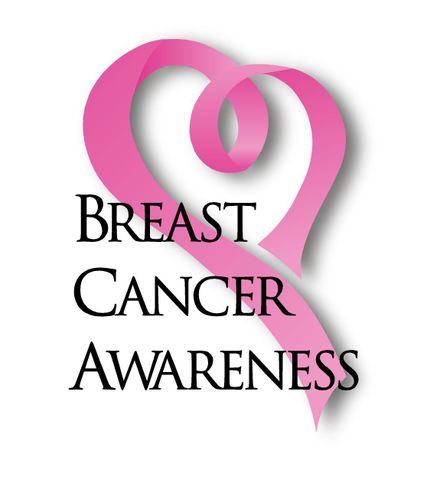Middlebury Dentist Discusses Mouth Matters for Breast Cancer Patients

Are you seeing pink everywhere? Well, that’s because it’s Breast Cancer Awareness Month!
During this observance it’s important to keep in mind the effect your oral health has on your overall health. This connection plays a part in heart disease, diabetes and, yes, – breast cancer.
A recent study has shown that a person is 11 times more likely to develop breast cancer if you have a history of gum disease or tooth loss – especially those who smoke.
Beast cancer is the most common cancer among women worldwide. We all know someone who has battled this terrible disease. What most people don’t know however, is that cancer treatment can really take a toll on a person’s oral health. Luckily, you can prevent or manage some of the oral health side effects. In support of Breast Cancer Awareness Month, Dr. Joy Lunan is providing you with information and tips that can be used to help those affected by breast cancer.
It can be easy to overlook the health of one’s mouth while managing the side effects of breast cancer treatment. It’s very important not to do that. There’s a lot that can be done to keep the mouth healthy during treatment.
Having a clean mouth helps to prevent mouth infections and things like cavities and teeth sensitivity. It’s more important than ever to practice good oral hygiene to keep away bacteria. Drinking plenty of water and eating the correct foods can also help to keep your mouth and body healthy.
Oral health side effects can be caused by chemotherapy, radiation, pain medications and other prescriptions used in the fight against breast cancer. Here are some tips to help manage oral health related issues you may experience as a result of treatment.
- Be Mindful of Sugars and Acids – Sugary and acidic foods can cause many oral health issues. Sometimes cancer patients like to suck on hard candies or ice pops to alleviate a dry mouth. Try sugar-free, low acidity options when possible. Remember, many beverages contain added sugar, and many sugar-free versions are high in acids. Try to rinse with water as soon as possible after eating or drinking.
- Your Diet Matters – It’s best to eat foods that are soft, moist and high in protein. Take small bites, chew slowly and sip water with meals. Try to avoid sharp, crunchy foods, like chips, that could cut the inside of your mouth. If you notice any tooth sensitivity or mouth sores, avoid extremes, like spicy, hot, cold, dry or salty. Limit your intake of milk as it may produce thick saliva, and serve meals warm, not too hot, to avoid burning your mouth.
- Drink Plenty of Fluids – 8-12 fluid servings is best. Limit alcohol. If you drink beverages other than water, rinse your mouth afterwards. Limiting caffeine may be necessary as well.
- Healthy Bones = Healthy Teeth – Vitamin D and Calcium rich foods can help your jaw and teeth stay strong. If you are limiting milk, try fortified cereals and beverages. Supplements may be a good idea as well.
- Keep Your Mouth Moist – Drinking water will obviously help. You can also apply lip balm and moisturizer as needed. Sucking on sugar-free candies, and using a cool-mist humidifier will help as well. Saliva substitutes are also available if needed.
- Practice Optimal Oral Hygiene – Brush your teeth 2-3 times per day, especially after meals and before long periods of sleep. Always use an extra soft toothbrush and brush gently. Floss carefully so as not to injure the oral tissues, at least once a day as long as your platelet count is satisfactory. Use alcohol-free mouth rinses only, and always rinse after eating. Ask Dr. Lunan about Fluoride supplements as well.
The beginning of a breast cancer battle can be scary, confusing and extremely overwhelming, but it’s important to talk with Dr. Lunan about your diagnosis and treatment plan.
Coming in to our office to see Dr. Lunan prior to starting treatment will help to address any oral health concerns before your immune system is suppressed and certain dental procedures are no longer safe for you. We are only a phone call away should you or a family member have any questions during this challenging time. We can and will answer your questions about dental appointments or procedures, oral side effects and how to care for your mouth at home. Most importantly, even if you are not experiencing any pain or sensitivity, remember to schedule and attend your regular dental cleanings and exams to stay on course with preventive dental care.
If you have any questions please call anytime – (203) 598-7920
About the Business
Have a question? Ask the experts!
Send your question

